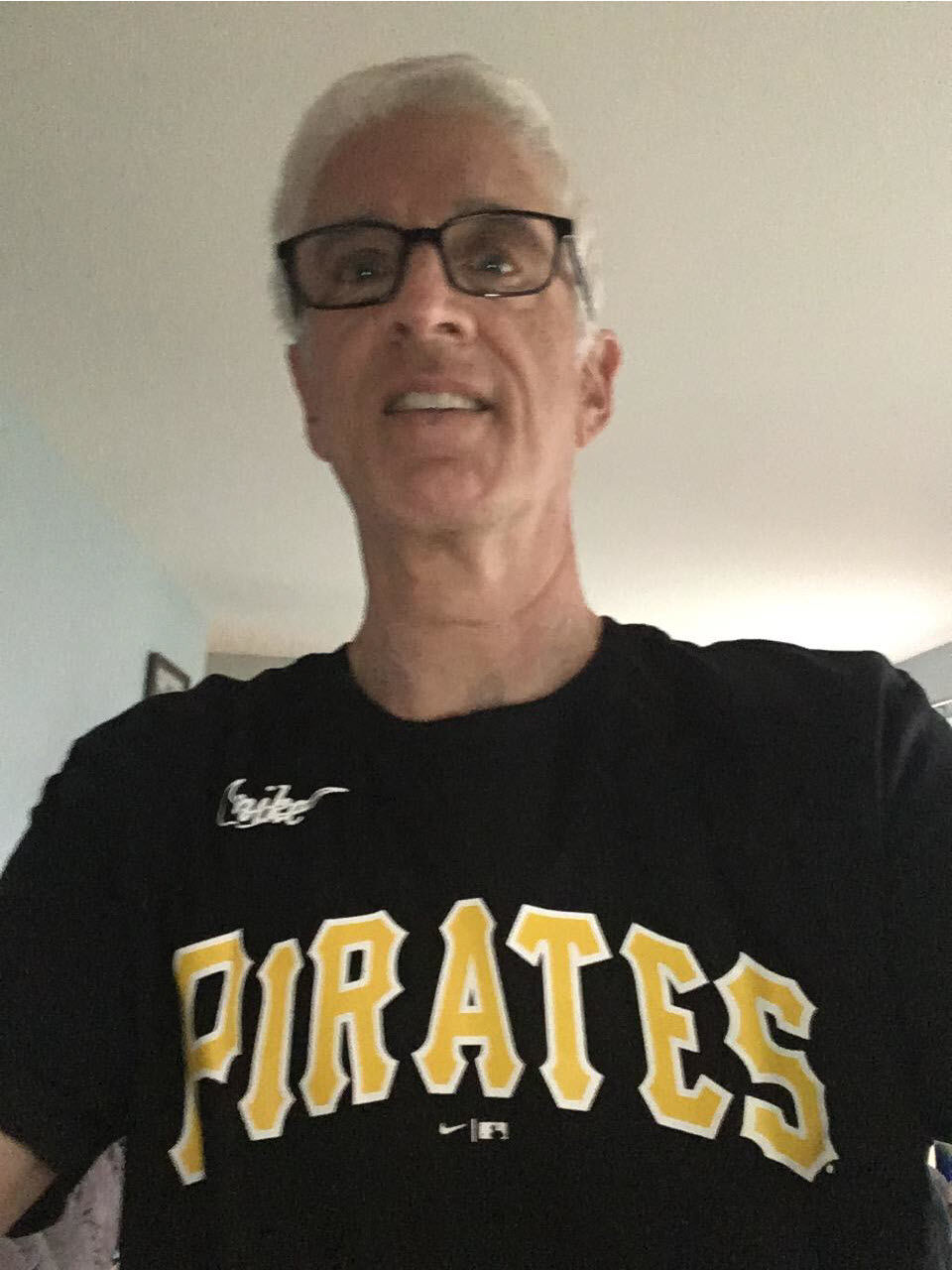For many people, 2020 couldn’t end soon enough. However, for a Virginia rabbi, the year provided once-in-a-lifetime challenges — including a look at his own mortality — and a personal reminder about the faith he encourages congregants to nurture.
Rabbi Bruce Aft is rabbi emeritus at Congregation Adat Reyim, in Springfield, Virginia, and interim rabbi at Congregation Sha’are Shalom in Leesburg.

Since March, Aft — like most spiritual leaders of all faiths in the D.C. area — has been attempting to facilitate religious connections during the coronavirus pandemic, which has restricted large gatherings and prompted outside-the-box thinking in religions steeped in thousands of years of tradition.
And in the middle of it all, the fitness-minded 66-year-old, former semipro baseball pitcher had a heart attack.
“They found out one of my arteries was blocked — they called it ‘the widowmaker,’ back in the day,” Aft said, during a Zoom call.
Soon after the coronavirus lockdown, Sha’are Shalom — a modern Conservative synagogue, to which my family belongs — began holding virtual services under then Rabbi David Greenspoon.
Despite the physical distance and technical challenges, Greenspoon, and later Aft, embraced the opportunity to connect with congregants.
In the early days of the pandemic, “I was trying to let people know we’re all in this together,” Aft said.
A livestream from a smartphone or webcam erased the miles between family, friends and members of the religious community.
“We did it in life cycle events, whether it be affixing a mezuzah in somebody’s house, naming a baby, a bar or bat mitzvah, marital counseling. I’ve got colleagues who got approval to do Zoom weddings,” Aft said. “To be able to bring people together with loved ones who are ill, to do funerals, and to sit shiva together, to observe the Jewish memorial customs.”
Leaders in other religions were also looking for ways to stay connected with followers, including livestreams.
“All services got shorter, so people of all faiths were very happy,” Aft joked.
Just over six weeks ago on Friday, Nov. 13, Aft noticed, while pedaling as fast as he could on his recumbent bike at home, that he was not feeling well.
He told his wife and called his doctor, who told Aft to go to the emergency room.
“I said that with COVID-19, I don’t want to go,” Aft said. But when the discomfort did not subside, he went to the emergency room.
“By the time I got to the hospital, my numbers had gone up; and there was evidence that I had a heart attack, and it was a good thing I was in the hospital,” Aft said.
For a man who often provides comfort to others in hospitals, he felt distressed as a patient.
Because of coronavirus restrictions, his wife couldn’t be with him in the hours after he was admitted to the hospital.
“I’m kind of a wimpy patient. I was texting her until 2 in the morning. I’ve got a daughter in Alaska, four time zones earlier, so she was on board with the texts. My doctor finally said, ‘Take some Xanax and go to sleep, will ya?’ because I was texting him until 1 in the morning,” Aft said.
He was lonely. But despite his loneliness, Aft eventually realized he wasn’t alone.
“I was being treated by a Palestinian woman, an Ethiopian woman and a Southeast Asian woman. I knew them all from my visits as a chaplain. They all said to me, ‘Have faith, Rabbi,'” Aft said.
In that moment, Aft thought about the power of the faiths that these women were bringing.
“It was tremendously inspiring for me,” he said.
As 2020 comes to a close, with record numbers of coronavirus deaths continuing, while vaccines are starting to be distributed, Aft was asked if he believes COVID-19 has shaken many people’s beliefs in God.
“I think where the faith shows up is in the love and compassion of the people who were caring for me,” said Aft, who is recovering well, according to his doctors.
Aft has been overwhelmed by well-wishers from the congregation and community.
His personal health scare also gave Aft a chance to reflect on the role of faith in the fight against the coronavirus.
“All those people who are front line workers — to realize the power of their spirit, yeah, in the midst of a really crummy time, as we end 2020, it’s been a time when we have a new definition of hero, and shero,” Aft said.
“We know there are people out there who care about us, who are doing very special things, and that’s the place I turn, personally, for faith.”








